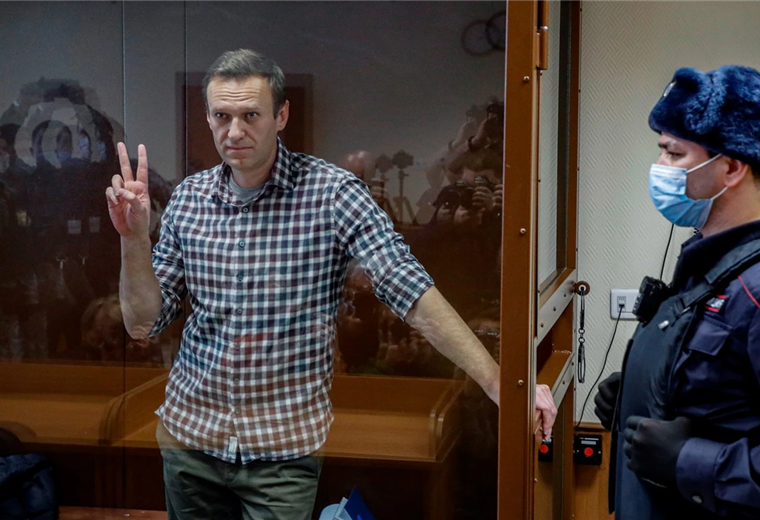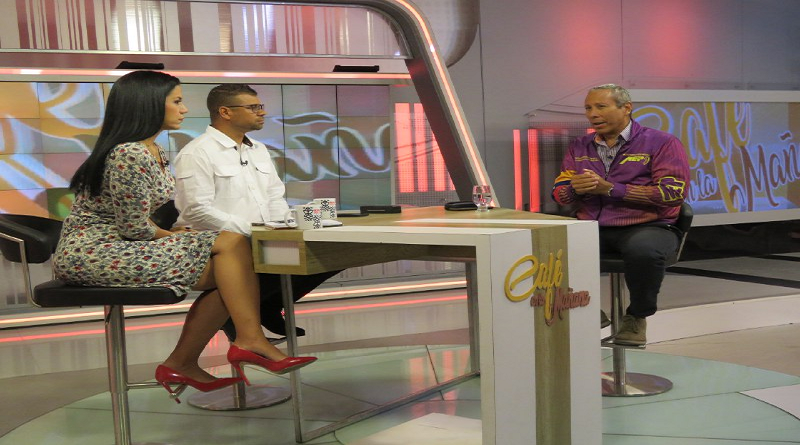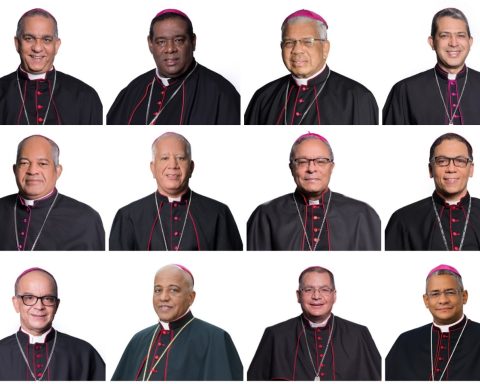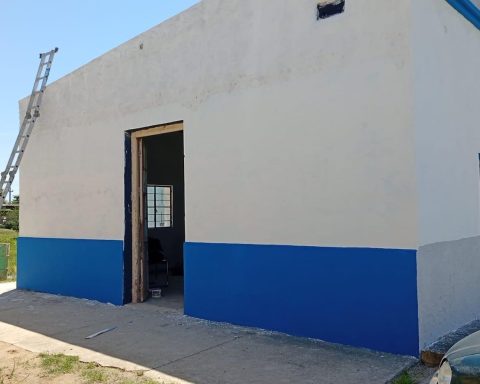A Russian court began judging on Monday behind closed doors the imprisoned opponent Alexéi Navalni, in a new process, now for “extremism”, in which he could be sentenced to decades in prison, in a context of repression in Russia due to the conflict in Ukraine.
Since the launch of the military campaign in Ukraine in February 2022, most of the major opponents who did not flee Russia have been imprisoned or are persecuted, above all for having denounced the conflict.
Navalni, known for his anti-corruption investigations, already he is serving a nine-year prison sentence for “fraud”, a political condemnation, according to him.
The opponent, 47, who survived in 2020 to a poisoning, which he attributes to the Kremlin, has been in jail since January 2021.
Now he could be sentenced to up to 30 years in prison in this new processwhere he is accused, among other charges, of “extremism” and of having “rehabilitated Nazi ideology”.
The process began in the high-security penal colony IK-6 in Melejovo, 250 km east of Moscow, according to an AFP correspondent. Navalni was in the courtroom with his lawyers.
During this first hearing, the prosecutor asked that the debates be behind closed doors, citing security reasons and to protect the identity of a witness. As a result, “the court decided to close the trial” to the public, a court spokesman, Vadim Polejayev, told reporters.
This measure will strengthen the opacity around the process. Navalni’s defense said that he only had ten days to study the 196 volumes of the file.
“They have no shame, no conscience, no honor” denounced the father of the imprisoned opponent, Anatoli Navalni, as he left the court.
Alexéi Navalni became known for his investigations into corruption in the environment of Vladimir Putin and for the organization of large-scale demonstrations. His organization, the Anti-Corruption Foundation (FBK), was shut down in 2021 for “extremism.”
– ‘Impossible to understand’ –
Navalni also claims to be the subject of a case of “terrorism” in a separate proceeding, for which he faces life in prison, although few details are known at this time.
“Although it is manifest, looking at the bulk of the volumes, that I am a methodical criminal and applied, it is impossible to understand precisely what I am accused of,” said the opponent recently, with irony.
The activist accuses the Kremlin of wanting to keep him in prison for life to make him pay for his criticism, which has not abated despite his imprisonment, with frequent posts on social media through his team.
This Monday, when the trial began, Navalani urged the Russians to unite to him to launch a “long, stubborn and exhausting” campaign to convince the Russians to oppose the offensive in Ukraine.
“We are going to carry out an electoral campaign against the war. And against Putin,” he said in a statement on his website.
The Russian opponent remains active despite the conditions of imprisonment particularly difficult, and his supporters accuse the prison administration of persecuting him.
In a message published in early June, the opponent, who lost a lot of weight in prison, said he had been sent by sixteenth time to a disciplinary cell, where prisoners are in solitary confinement.
Like Navalni, most of the known opponents who have not gone into exile were imprisoned in recent years, in particular since the beginning of the conflict in Ukraine.
It is the case of Vladimir Kara-Mourza, sentenced in April to 25 years in prison for “high treason”, or Ilya Yashin, sentenced in December to eight years and a half in prison for criticizing the offensive in Ukraine.
On Monday, the attorney general’s office also added to the NGO of human rights Agora to the list of organizations considered “undesirable”, accusing them of representing a “threat to the security” of Russia.

















